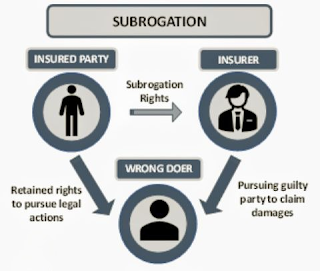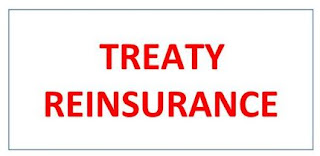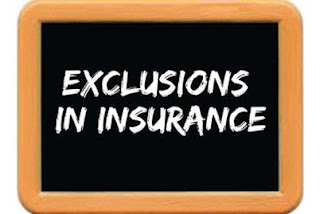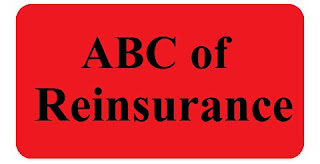Master Policy

Master Policy A policy that is issued to an employer or trustee, establishing a group insurance plan for designated members of an eligible group. In a master policy each member of the group is enroll, usually by the named insured who acts as sponsor, under the master policy and receives a certificate or evidence of insurance. The named insured usually receives some form of compensation for its administration of the master policy program. Master policies can also be used to include coverage for subsidiaries, sub-contractors, or other parties that the insured has voluntarily agreed to insure under the policy. Holders of master policies can issue certificates of insurance for other insureds under the policy that they can use as evidence of coverage. #benewinsurance #insurtech #inclusiveinsurance #insurance #reinsurance #takaful











